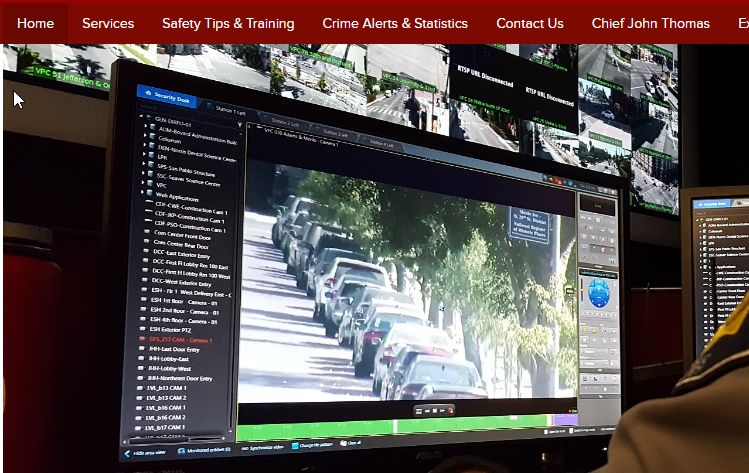On February 17-18, 2017, the Joint Provost/Academic Senate Retreat that focused on “Making Progress on Climate, Safety and Wellness.” This is part 3 of the 3 part summary of the sessions.
Session 3: Campus Safety – Faculty Training and Resources
Chair: Raphael Bostic, Sol Price School of Public Policy
Given the violence that occurred on Los Angeles campuses during 2016 that resulted in the deaths of two faculty members, the information provided in the retreat’s third session, titled “Campus Safety – Faculty Training and Resources,” was particularly timely.
David Carlisle, Assistant Chief of USC’s Department of Public Safety, kicked off the session by providing an overview of the resources in place to maintain campus security. According to Carlisle, USC has beefed up its DPS staff, which now stands at 360, including 60 security ambassadors (yellow jackets) patrolling the neighborhood from 9pm to 6am. In addition, the University Park campus is now equipped with 150 cameras and 62 license plate recognition cameras to facilitate round-the-clock monitoring. The Health Sciences campus also has ambassadors and cameras in place, though in fewer numbers. There are also new technologies in place, including Trojan Alert and Live Safe, to help faculty, staff, and students be informed and stay safe. Panelists encouraged all faculty to enroll in both to maximize their safety. In addition, Carlisle noted that DPS is developing a training video about how to respond during an active shooter situation, and is also considering other ways to provide training for faculty and others.
Since the fall, the Academic Senate’s Faculty Employment and Environment Committee (FEEC) has been meeting to respond to the Provost’s request for a set of recommendations from the Senate regarding safety and security. FEEC member Frank Quiambao provided attendees with a progress report on this effort. Quiambao, who is a former employee at DHS and member of the secret service, reported that the FEEC is considering recommendations that will fall into four areas – training, physical security, student mental health, and self-assessment. Notable recommendations the FEEC is considering include:
- Proposals to develop mandatory training on how to respond to an active shooter scenario in a classroom setting,
- To develop emergency plans for different types of classrooms and ensure that each classroom has key emergency features, such as first aid kits for combat wounds,
- To create a course on safety for freshmen, transfer, and incoming graduate students,
- To use a Department of Homeland Security tool that will help USC better understand the quality of its security infrastructure.
Director of Student Counseling Services Ilene Rosenstein provided insights regarding how to deal with students experiencing mental stress. Rosenstein noted that faculty are often well-positioned to identify students in distress, but all too often there is no intervention because of fears that speaking up will stigmatize the student, put the faculty member at risk of a lawsuit, or is thought to be not necessary because somebody else has probably already done so. Student Counseling Services provides a training program – Trojans Care – that helps people recognize signs of distress and provides guidance on how to handle situations involving distressed students, and Rosenstein encouraged everyone to take the course. Finally, she noted that faculty should call DPS, rather than 911, for an incident that is transpiring in real time.
For the fourth presentation, Academic Senate President Paula Cannon presented her latest thinking on the development of a “Faculty app” that would serve as a one-stop shop for all the information that faculty need to have available, including information on campus safety. The idea grew from a recognition that, for many, existing training methods do not always help faculty retain key pieces of information and that faculty have become increasingly comfortable managing information through apps accessible via a smartphone or tablet. With the support of the Provost, Cannon has been working with USC staff and a vendor. In her presentation, she reviewed her thoughts on what features would be useful, such as faculty-focused emergency and safety content, decision guidance, and perhaps pointers to web content for some items. She then put out a call to all faculty to think about this and provide input on what other things should be included in such an app.
To discuss go to our Facebook post.

Raphael Bostic
Professor
Judith and John Bedrosian Chair in Governance and the Public Enterprise Chair, Department of Governance, Management and the Policy Process
Sol Price School of Public Policy

